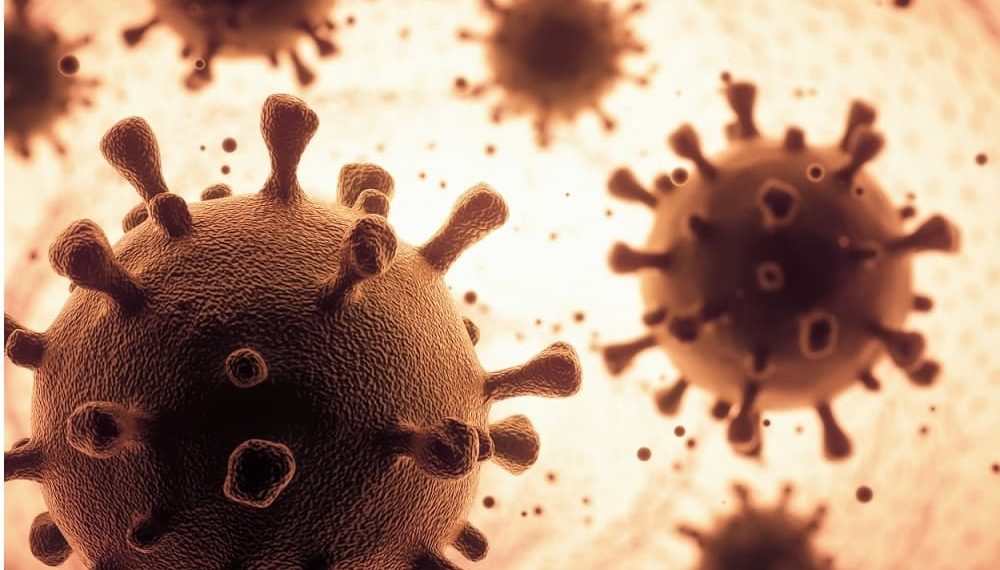A clinical trial is underway to determine whether people who are highly allergic or have a mast cell disorder are at increased risk for an immediate, systemic allergic reaction to the Moderna or Pfizer-BioNTech Covid-19 vaccines.
A systemic allergic reaction to a vaccine occurs in one or more parts of the body beyond the injection site. If such an allergic reaction occurs in study participants, investigators will assess whether the reactions are more frequent in participants who are highly allergic or have a mast cell disorder than in participants with no allergic history. In addition, investigators will examine the biological mechanism behind the reactions and whether a genetic pattern or other factors can predict who is at most risk.
A mast cell disorder is a disease caused by a type of white blood cell called a mast cell that is abnormal, overly active, or both, predisposing a person to life-threatening reactions that look like allergic reactions.
“The public understandably has been concerned about reports of rare, severe allergic reactions to the Moderna and Pfizer-BioNTech Covid-19 vaccines,” said Anthony Fauci, Director of the National Institute of Allergy and Infectious Diseases (NIAID), part of the National Institutes of Health. “The information gathered during this trial will help doctors advise people who are highly allergic or have a mast cell disorder about the risks and benefits of receiving these two vaccines. However, for most people, the benefits of Covid-19 vaccination far outweigh the risks.”
The Moderna and Pfizer-BioNTech Covid-19 vaccines are the first two Covid-19 vaccines authorised by the Food and Drug Administration (FDA) for emergency use and already have been given to millions of Americans. Most of the rare, severe allergic reactions to these vaccines have occurred in people with a history of allergies. A substantial number of these people had previously experienced a life-threatening allergic reaction called anaphylaxis.
The study team will enrol 3,400 adults ages 18 to 69 years at up to 35 academic allergy-research centres nationwide. About 60% of study participants, group 1, must have either a history of severe allergic reactions or a diagnosis of a mast cell disorder, while 40% of participants, group 2, will not. The specific types of allergic reactions in group 1 participants are related to food, insect stings or allergen immunotherapy and require treatment with a drug called epinephrine; or are immediate allergic reactions to a vaccine or to one or more drugs. These reactions will have occurred within the past five years. Group 2 will consist of people with no history of any allergic reactions or allergic disease and no history of a mast cell disorder. Approximately two-thirds of participants in each group will be female, because severe allergic reactions to vaccines in general, and to the Moderna and Pfizer-BioNTech COVID-19 vaccines in particular, have occurred mainly in women.
All participants will ultimately receive a full two-dose course of either the Pfizer-BioNTech vaccine or the Moderna vaccine.
Emergency medications, oxygen and medical equipment will be on hand to treat allergic reactions as needed. Participants will be observed for at least 90 minutes after each injection in case any type of reaction occurs.
Three days after their first injection, participants will receive a follow-up call from the study team to schedule their next injection in 21 or 28 days. Three days after the second injection, participants who did not receive a placebo will be told during a follow-up call that they received a vaccine and which one, while participants who initially received a placebo will be scheduled for their second dose of vaccine. Study staff will assess participants’ health during follow-up calls. All participants will receive their final follow-up call seven days after their last dose.
Investigators will closely monitor participants’ safety throughout the trial. In addition, an independent data and safety monitoring board (DSMB) will review blinded and unblinded study data at scheduled review meetings to further ensure the safety of study participants.
Adults interested in participating in this trial should visit ClinicalTrials.gov and search under study identifier NCT04761822 for study locations and contacts. Please do not use the NIAID media phone number or email address to try to enrol in this trial.



















